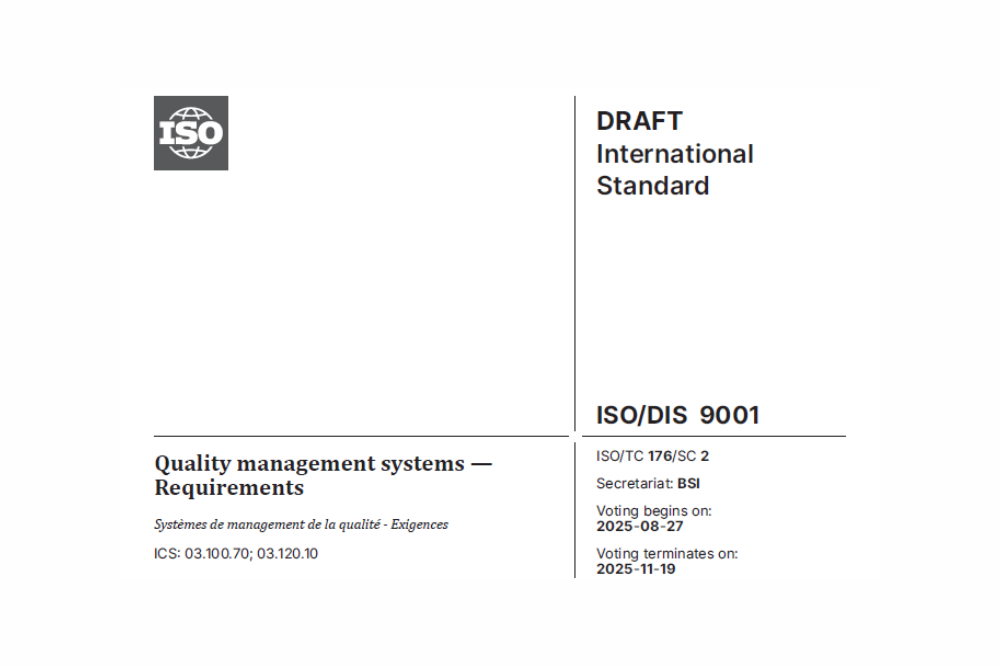Six Tips to Navigate Audits with Confidence

The big audit is coming up and if you are like most of us, you’re at least a little nervous if not downright dreading the audit. First, take a deep breath! It will be okay. But to help it go better, here are a few tips to build your confidence for a successful audit.
1. Don’t Panic!
- The auditor’s job is to check that employees are following the standard and company procedures.
- The auditor is looking for conformance, not problems.
- And keep in mind, anything the auditor finds is an opportunity for improvement.
It’s normal to be nervous about an audit. Even seasoned auditors get nervous! Keep in mind that an audit is about checking the process (not people) for conformance. Anything the auditor finds highlights opportunities to improve.
2. Review Your Metrics
- Verify that key metrics have been identified.
- Evaluate the performance of your processes vs. these metrics.
- Confirm plans are in place to address any processes not performing as expected.
An audit doesn’t just look at what’s being done, a good audit also looks at how well it’s being done. Metrics are the key to making that assessment. Make sure you’ve identified metrics for your key processes and are tracking them. Have a process that’s not meeting metrics? That’s okay! Just make sure you have plans in place to address what’s not meeting the stated metrics.
3. Be Honest
- Answer questions truthfully.
- Don’t hide something to avoid a nonconformance. One purpose of an audit is to identify gaps, so it’s okay to have nonconformances or findings.
- Remember, any gap is a chance to improve!
An audit is about checking processes. Factual information is needed to assess the process. It’s important to be honest from an ethical standpoint and to accurately evaluate the process. Providing a valid overview leads to a more realistic understanding of the process and a clearer indication of any needed improvements.
4. Know the Quality Policy
- Understand the intent.
- Describe what you do to support the policy.
- Know where to find it.
Understand the general intent:
It’s not necessary to quote it, but at least be able to explain what the quality policy means.
Describe how your job impacts the Quality Policy:
Everyone has a role to play in supporting the quality policy. Make sure you can explain how what you do supports the policy.
Know where to find the Quality Policy:
It may be in a document system, posted throughout the site, or even on a card with your ID badge. Make sure to know at least one location you can find it in case you need a reminder or want to check the specific wording.
5. It’s okay to say “I don’t know”
It’s okay to:
- Check a document.
- Ask someone.
- Say you don’t know.
Auditors are just asking questions to understand the process. They understand that people get nervous when they are audited and may need to double check the process. It’s okay to check your sources to ensure you are providing the auditor with accurate information. It’s also okay to admit you don’t have the answer and need to check.
6. Be Courteous
- Ask for a moment to finish your task.
- Give the auditor your full attention.
If the auditor arrives while you are in the middle of a task, it’s okay to ask for a minute to wrap up what you are working on so you can give the auditor your full attention.



